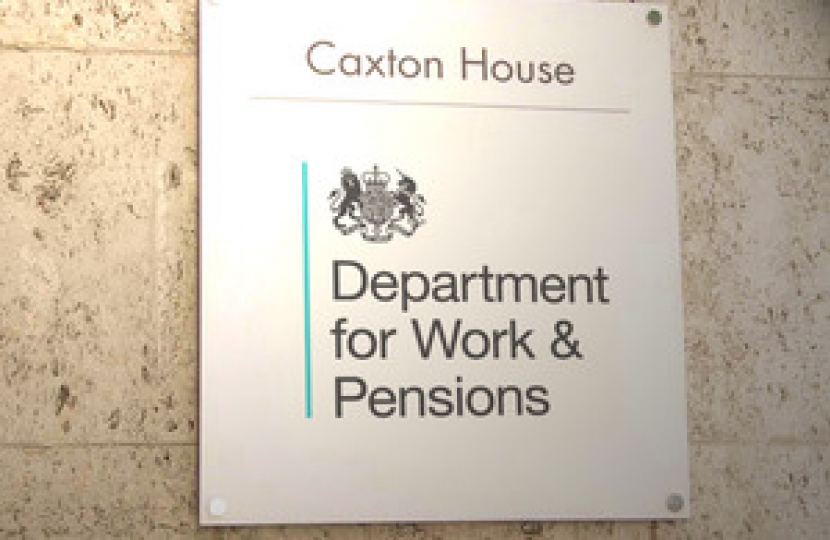
Vulnerable households across the country will be able to access a new £500m support fund to help them with essentials over the coming months as the country continues its recovery from the pandemic.
- £500m support available to help those most in need as we enter the final stages of recovery
- Money available to councils in October 2021
- Bolsters support already in place to help vulnerable households and individuals
Vulnerable households across the country will be able to access a new £500m support fund to help them with essentials over the coming months as the country continues its recovery from the pandemic.
The new Household Support Fund will support millions of households in England and will be distributed by councils in England, who know their local areas best and can directly help those who need it most, including for example, through small grants to meet daily needs such as food, clothing, and utilities. Cash will be made available to Local Authorities in October 2021.
The Barnett formula will apply in the usual way to additional funding in England. The devolved administrations will therefore receive up to £79m of the £500m.
With more people in work and the economy bouncing back, the Government is focused on investing in jobs and skills – increasing prospects and wages across the country – whilst ensuring those in greatest need can access vital support to help cover every day costs. Alongside this, the government’s Plan for Jobs is helping people move back into employment so they can earn a regular wage, progress and increase their financial resilience.
Families will also continue to benefit from the energy price cap, recent rise in Local Housing Allowance and increases in the National Living Wage.
Thérèse Coffey, Secretary of State for Work and Pensions, said:
Over the last year, we have helped millions of people provide for their families. Many are now back on their feet but we know that some may still need further support. Our targeted Household Support Fund is here to help those vulnerable households with essential costs as we push through the last stages of our recovery from the pandemic."
Chancellor of the Exchequer, Rishi Sunak said:
Everyone should be able to afford the essentials, and we are committed to ensuring that is the case. Our new Household Support Fund will provide a lifeline for those at risk of struggling to keep up with their bills over the winter, adding to the support the government is already providing to help people with the cost of living."
The UK Government has kept its Covid-related economic support in place until September, helping people through the toughest stages of the pandemic and well beyond the end of the roadmap, with more generous timelines than other countries in Europe.
This new fund will run over winter and those in need of support should contact their local council who will help them access the fund.
This fund bolsters support from the Warm Home Discount which provides a £140 rebate on energy bills each winter to over 2.2 million low-income households and the Cold Weather Payment which provides £25 extra a week for poorer households when the temperature is consistently below zero.
Earlier this year the government expanded the £221m Holiday Activities and Food programme, which has offered nutritious meals and enriching activities to disadvantaged children across the Easter and Summer holidays, and will do so again this Christmas.
And to further support families with children, the Government has doubled free childcare for eligible working parents, worth up to £5,000 per child every year and increased the value of Healthy Start vouchers in April by over a third, helping disadvantaged women who are pregnant or have children under four to purchase fresh fruit and vegetables, boosting the long-term health of their children.
As the Barnett formula will apply in the usual way to additional funding in England, the devolved administrations will receive up to £79m of the £500m (£41m for the Scottish Government, £25m for the Welsh Government and £14m for the NI Executive). It will be for the devolved administrations to decide how to allocate this additional funding.

